Pickleball Doubles Defense Strategies
Protecting the Weaker Player
Turning the Tables with Effective Defense Techniques
Understanding the Importance of Defense in Pickleball Doubles
In the competitive world of pickleball doubles, employing the right Pickleball Doubles Defense Strategies can make a significant difference. Targeting the weaker player is a common tactic, but understanding its implications and counteracting it effectively is crucial.
Connecting with the Struggle
Have you ever been in a game, where the other team targets the weaker player on your team over and over again? Isn’t it frustrating? We’ve all been there, feeling the pressure of defending our partner and trying to level the playing field. In the competitive world of pickleball doubles, employing the right Pickleball Doubles Defense Strategies can make a significant difference. Targeting the weaker player is a common tactic, but understanding its implications and counteracting it effectively is crucial.
Reasons for Targeting the Weaker Player
- Maximizing Win Probability: At a fundamental level, targeting the less skilled player can increase the chances of winning points. This is because the weaker player might be less consistent, predictable, or might have discernible weaknesses that can be exploited.
- Mental Pressure: Continuously attacking the weaker player heaps enormous psychological pressure on them, possibly causing them to make more errors or become hesitant in their play.
- Disrupting Team Dynamics: By singling out one player, opponents can disrupt the rhythm and coordination of the entire team, leading to breakdowns in communication and strategy.
Mental and Psychological Impacts
- On the Targeted Player: Being constantly targeted can dent self-confidence, leading to feelings of inadequacy or even embarrassment. They might feel responsible for any loss, fostering negative emotions and anxiety.
- On the Stronger Player: Watching their partner getting persistently attacked can induce feelings of frustration or helplessness. They might overcompensate by trying to cover more ground, leading to mistakes or physical exhaustion.
- On the Attacking Team: While they might secure short-term gains, targeting the weaker player can give rise to overconfidence, making them complacent and less prepared for sudden changes in strategy. Additionally, this approach can be mentally draining, as it requires intense focus and precision.
Physical Repercussions
From a physical standpoint, the targeted player might face increased exhaustion due to constant movement and engagement. The stronger partner, in trying to shield their teammate, might overexert, risking potential injuries. For the attacking team, persistently focusing on one player might lead to repetitive movements and lack of full-court utilization, reducing their agility and adaptability.
Sportsmanship and Context
Many argue that in competitive environments, especially tournaments, all’s fair in love and war. The primary goal is to win, and leveraging any legitimate strategy to achieve that is justified. Conversely, during casual or free play, where the primary objective is enjoyment and skill development, consistently targeting the weaker player might be viewed as poor sportsmanship.
Counteracting the Strategy
One countermeasure is to employ the same tactic against the opposing team, leveling the playing field. However, this approach has its own set of challenges. A team should evaluate whether their strengths align with this strategy and if they are prepared for the potential psychological warfare that ensues. Sometimes, focusing on strengthening one’s own weaknesses and diversifying strategies might prove more effective than retaliating in kind.
Targeting the Weaker Player
The debate on targeting the weaker player is multifaceted, intertwining strategy with sportsmanship. Teams should introspect on the mental, psychological, and physical implications of this approach, both for themselves and their opponents. A deeper understanding can guide players in making informed decisions that resonate with their values, objectives, and the spirit of the game.
The Challenge
Being the dominant player in pickleball doubles presents unique challenges, notably when adversaries persistently attack your partner. However, with the right Pickleball Doubles Defense Strategies in play, this seeming disadvantage can metamorphose into a golden opportunity.
Core Strategies
- Open Communication: Harmony between partners is pivotal. Establish a clear communication channel to ensure both players understand and adapt to the game plan.
- Defensive Positioning: Dominating the middle ground is key. Anticipate opponent moves and provide cover for your partner’s vulnerabilities. This not only reduces errors but also forces opponents to reconsider their targeting strategy.
- Offensive Play: While defense is crucial, offense wins games. Integrate cross-court shots to stretch the opposing team. Diversify your serves to keep opponents guessing, and when given the chance, target their weaker player to level the playing field.
- Continuous Learning: A static strategy is a failing strategy. Constantly evolve based on game feedback. Regular practice sessions focusing on individual and collective skills can give your team the edge it needs.
Advanced Techniques
- Stacking: This technique involves positioning both players on one side during serve or return. This can confuse opponents and offer optimal positioning for returns.
- Pinch the Middle: If you’re the more nimble player, assume a larger responsibility in covering the center. This proactivity can enable you to intercept more shots and reduce pressure on your partner.
- Soft Shots: Mastery over dinks and drop shots can shift the game’s momentum. These softer shots can slow down aggressive opponents and give your team control over rallies.
- Strategic Movement: Movements on the court can be as impactful as the shots you play. Skillful use of lobs, feints, and non-verbal cues can unbalance and mislead opponents, creating opportunities for your team.
Building Resilience
For the player often under siege, mental fortitude becomes paramount. Keeping a positive outlook, focusing on skill enhancement, and seeking continuous improvement are vital. Emphasize regular practice, critically analyze past games, and shower each other with positive reinforcement. This not only bolsters confidence but also cultivates a growth mindset, imperative for long-term success.
Pickleball Doubles Defense Strategies
Embracing the right Pickleball Doubles Defense Strategies is pivotal for success in the doubles format. By understanding the nuances of defense and implementing the strategies discussed, teams can significantly enhance their chances of victory and enjoy a more fulfilling game experience.
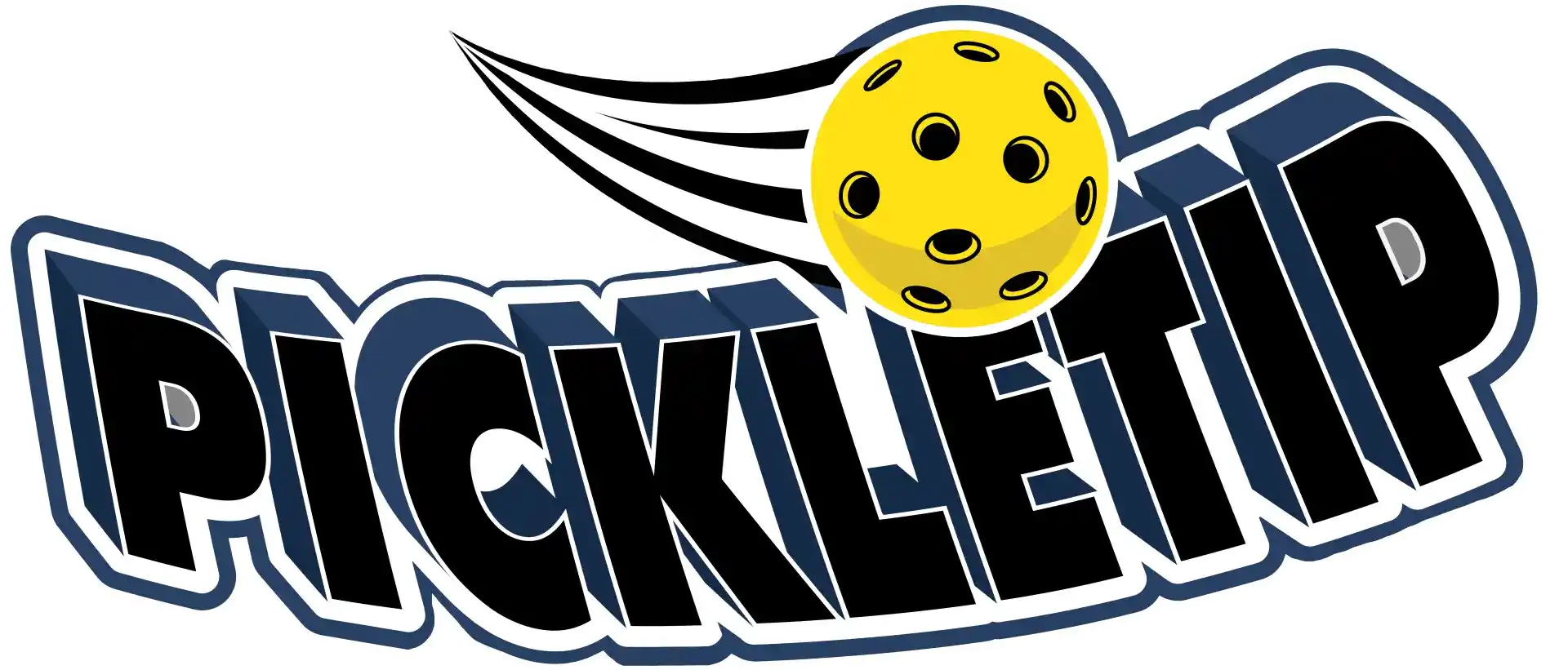



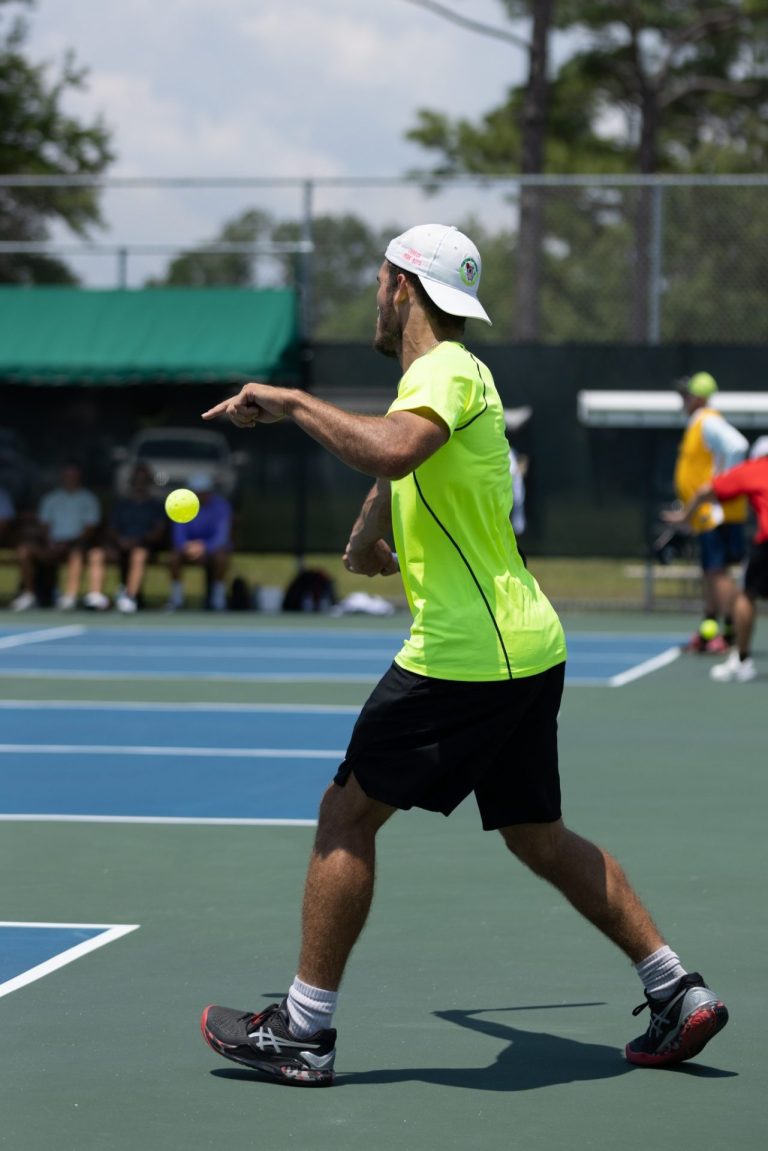
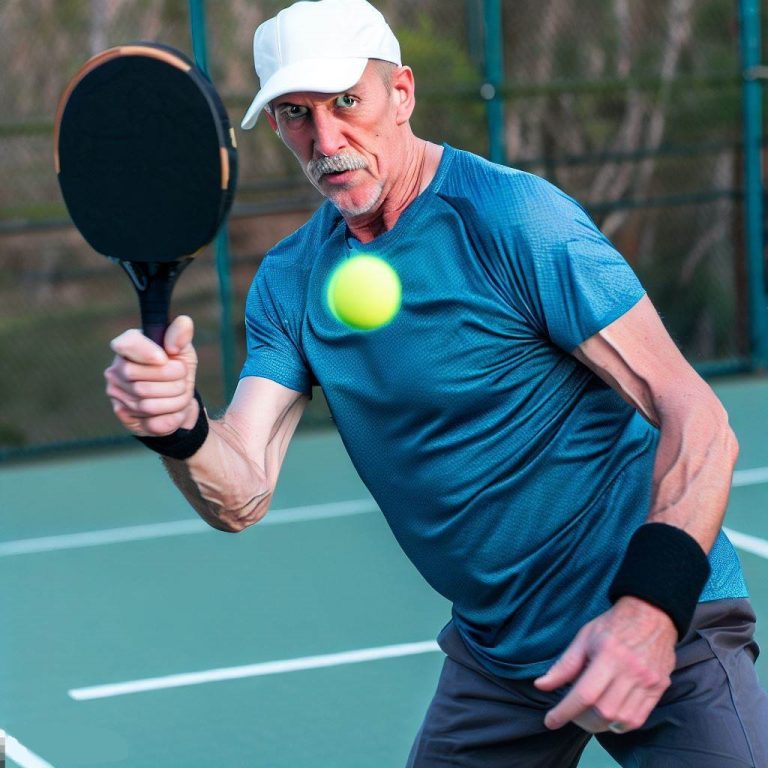
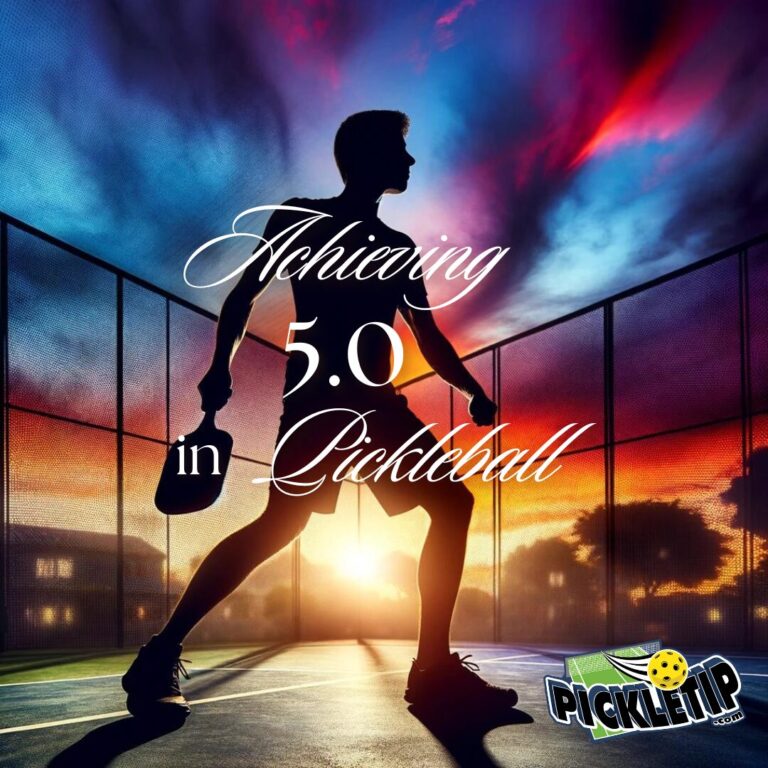
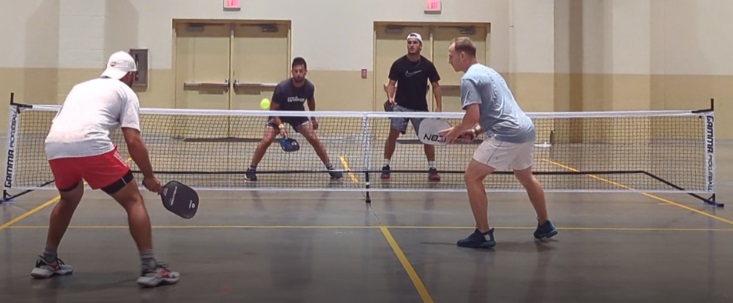
2 Comments